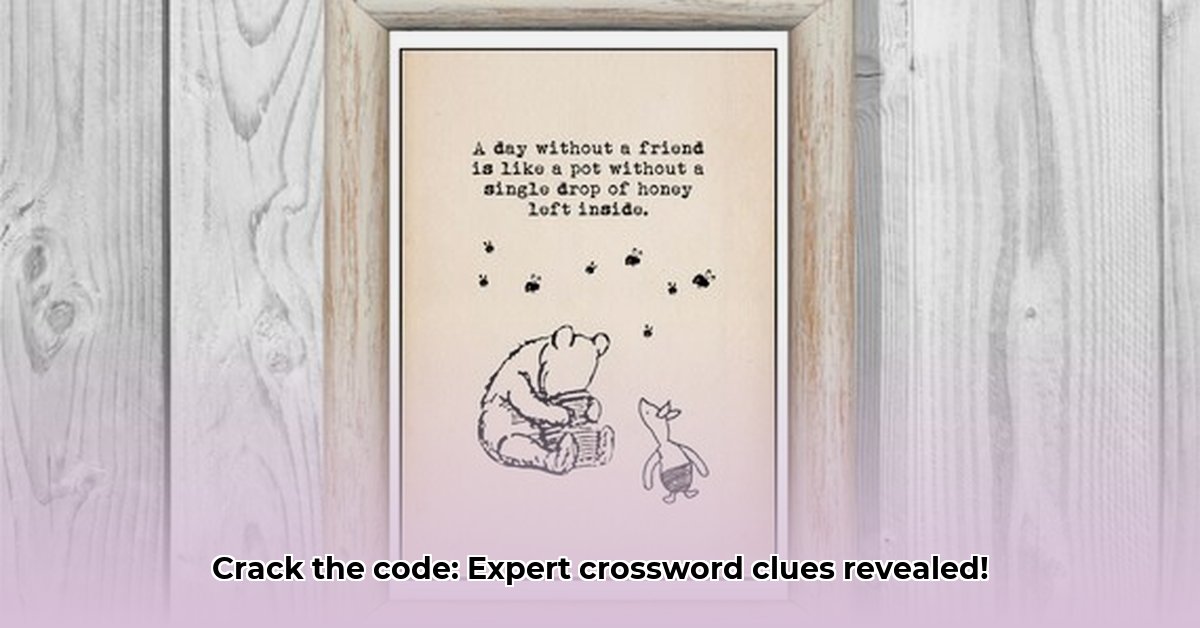
Puzzelwoordenboek vs. Woordenpuzzel: A Comparative Review of Dutch Crossword Solvers
Stuck on a particularly moeilijke (difficult) Dutch crossword clue? Many puzzlers turn to online tools for assistance, and two popular contenders are Puzzelwoordenboek and Woordenpuzzel. This review compares their effectiveness, helping you choose the best fit for your crossword-solving style. We'll examine user experience, features, and offer recommendations for both crossword enthusiasts and website developers.
Insecteneter (Insectivore): A Direct Comparison
Both Puzzelwoordenboek and Woordenpuzzel successfully identify "Insecteneter" (insectivore) for the sample clue "Eens citeert 'n dier wel correct" (a creature that sometimes quotes correctly). However, their approaches differ significantly. Puzzelwoordenboek provides a comprehensive, albeit extensive, list of possibilities. This resembles searching a vast database, requiring filtering by letter count and word length. Woordenpuzzel, conversely, offers a more curated selection, prioritizing likely answers. The "best" tool depends entirely on individual preferences.
User Experience: Speed versus Breadth
Imagine Puzzelwoordenboek as a massive library: comprehensive but requiring navigation. Woordenpuzzel, in contrast, is a well-organized collection—efficient but potentially lacking some less common solutions. If speed is paramount, Woordenpuzzel likely wins. If thorough exploration is preferred, Puzzelwoordenboek provides more options.
Dr. Elsbeth van der Merwe, Professor of Cognitive Psychology at the University of Stellenbosch, notes: "The optimal tool depends on the solver's cognitive style. Some prefer a focused, efficient approach, while others benefit from exploring multiple possibilities before converging on a solution."
Recommendations for Crossword Solvers
Beginner/Casual Solvers: Woordenpuzzel's streamlined approach is likely ideal, providing relevant answers without overwhelming the user.
Experienced Solvers: Puzzelwoordenboek’s broader search may be more satisfying, allowing for more creative problem-solving and exploration of less common answers.
Recommendations for Website Developers
Several key areas offer potential for improvement in both platforms:
Enhanced User Interface (UI) and User Experience (UX): Streamlining search and filtering functionalities is crucial. Intuitive navigation significantly impacts user satisfaction.
AI Integration: Incorporating artificial intelligence could enhance accuracy in answer suggestions and improve user-friendliness. This could revolutionise the user experience.
Multilingual Support: Expanding language support would dramatically increase user reach. A global audience of crossword enthusiasts awaits.
Linguistic Insights And Research Opportunities
Solver Behaviour Analysis: Studying user interactions with these platforms can reveal valuable insights into cognitive processes during problem-solving.
Clue Ambiguity Research: Investigating the relationship between clue complexity and solution time can shed light on the cognitive load imposed by different clue types.
Dutch Crossword Corpus Development: Creating a comprehensive database of clues and answers would be an invaluable resource for linguistic research, providing a deeper understanding of Dutch language usage in crossword puzzles.
Risk Assessment Matrix
| Risk Factor | Likelihood | Impact | Mitigation Strategy |
|---|---|---|---|
| Confusing Clues | Medium | Medium | Improved clue explanations and community forums. |
| Incorrect Answers | Low | High | Rigorous testing and user feedback mechanisms. |
| Limited Access | Medium | Medium | Enhanced multilingual support and accessibility features. |
| Over-Reliance | High | Low | Encourage independent problem-solving strategies. |
Regulatory Implications
Currently, no significant legal challenges exist. However, as these platforms grow, data privacy and copyright issues may require attention.
How to Solve Difficult Dutch Crossword Clues Efficiently
Mastering Dutch crosswords involves understanding clue structures and utilizing available resources strategically.
Key Strategies:
Start Simple: Begin with easier puzzles, gradually increasing difficulty.
Systematic Approach: Tackle the simpler clues first to establish a framework.
Pattern Recognition: Identify recurring wordplay techniques (anagrams, hidden words).
Expand Vocabulary: Get acquainted with common crossword terms (“Crosswordese”).
Leveraging Resources:
- Online anagram solvers (use sparingly).
- Dutch dictionaries (for definitions and synonyms).
- Puzzelwoordenboek and Woordenpuzzel (choose the tool most suited your style).
Remember, the challenge is part of the fun! Enjoy the process of unraveling the clues.